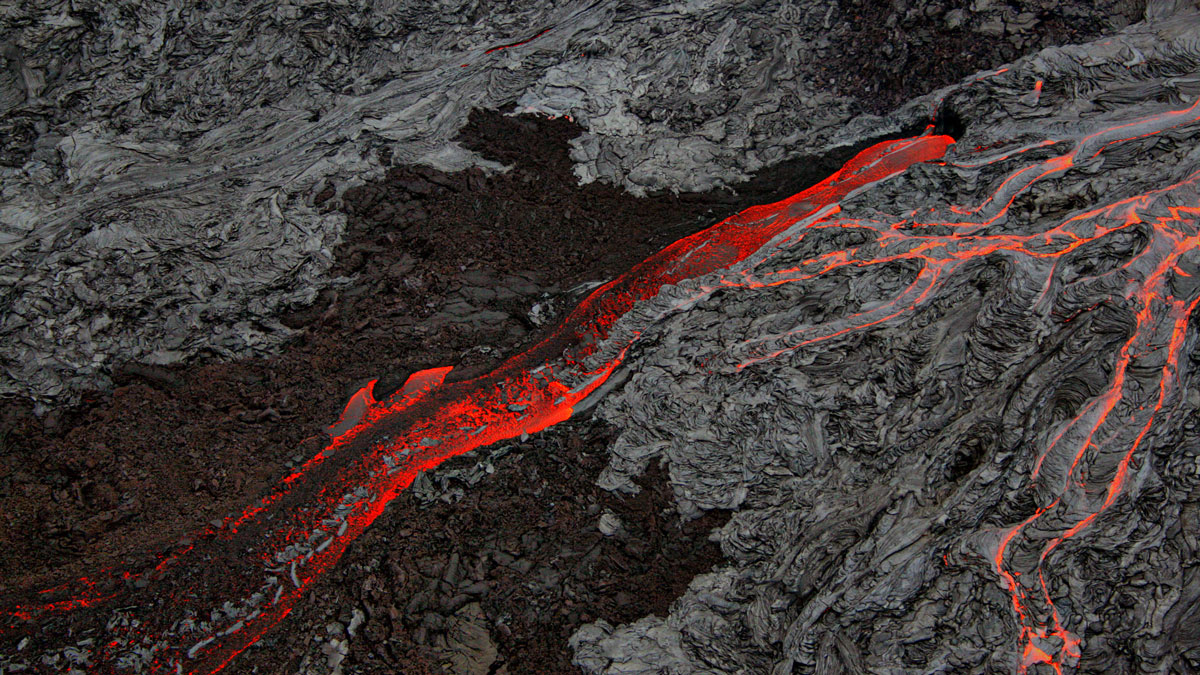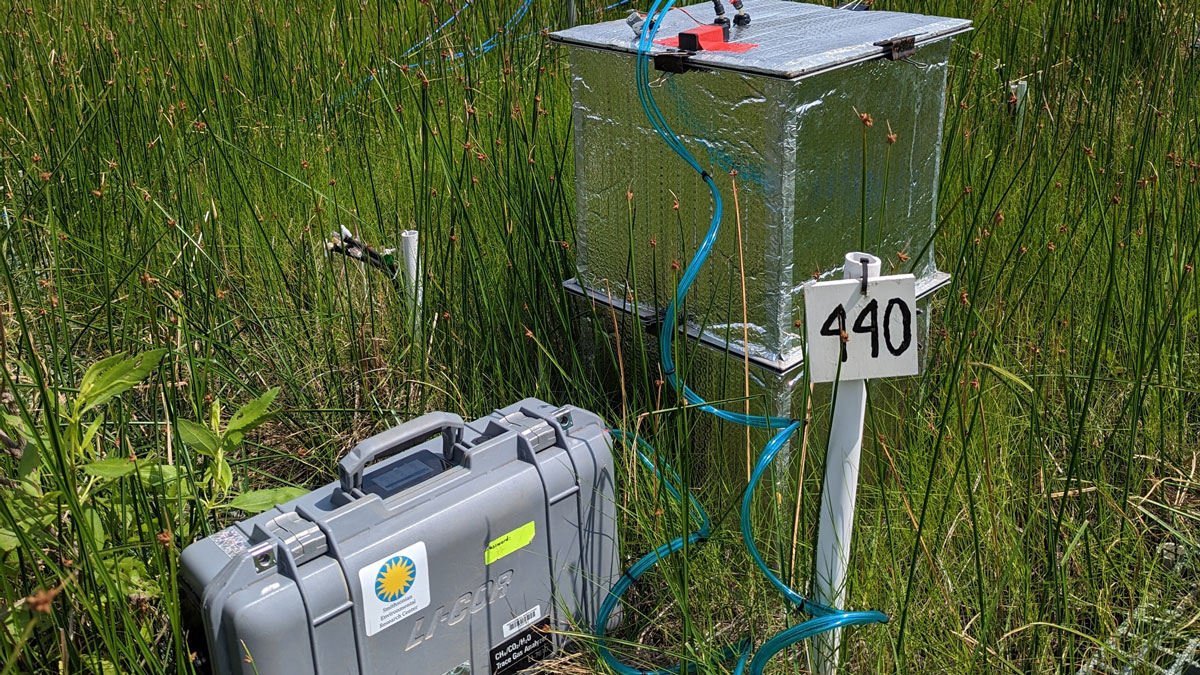Dissolved carbon dioxide may have bubbled up from magma far below the surface, contributing to prolonged warming.
carbon dioxide
New Software Package Helps Scientists Find Flux
An easy-to-use R package offers a more efficient way to sort through and analyze data about greenhouse gas levels collected in static chamber experiments.
Centennial-Scale Jumps in CO2 Driven by Earth’s Tilt
Antarctic ice records uncovered seven previously unknown jumps in atmospheric carbon dioxide. These events may have been driven by changes in Earth’s tilt.
New Insights into a Blind Spot in Aquatic Carbon Dioxide Exchange
Multi-annual measurements across Lake Superior indicate remarkable similarities between large lakes and ocean CO2 exchange during the ice-free season.
Shallow Waters Make the Best Carbon Sinks
Oxygen content and microbial prevalence may not be as influential on carbon sedimentation as previously thought.
Investigating Origins of CO2 Ice on Uranian Moons
A new study investigates the role of volatile migration in the unique Uranian thermal environment.
Using Satellite Data to Estimate Atmospheric CO2 Growth Rates
A new method improves growth rate estimates of carbon dioxide increase in the atmosphere by combining the standard NOAA approach with satellite data.
Faults Along Salt Walls Are Less Stressed in the Paradox Basin
Based on an extended stress database, scientists observe systematic changes in the tectonic stress state and a reduction in fault reactivation potential near salt walls in the Paradox Basin.
The Invisible Hand of Carbon Dioxide on Forest Productivity
A statistically robust approach applied to long-term flux measurements quantifies forest ecosystem response to increasing atmospheric carbon dioxide, providing a valuable benchmark for climate models.
Investigadores desarrollan el primer presupuesto integral de gases de efecto invernadero de México
Un nuevo estudio profundiza en dos décadas de datos para crear una cuantificación integral de fuentes de carbono, metano y óxido de nitrógeno que podrían ayudar a guiar las políticas climáticas.










